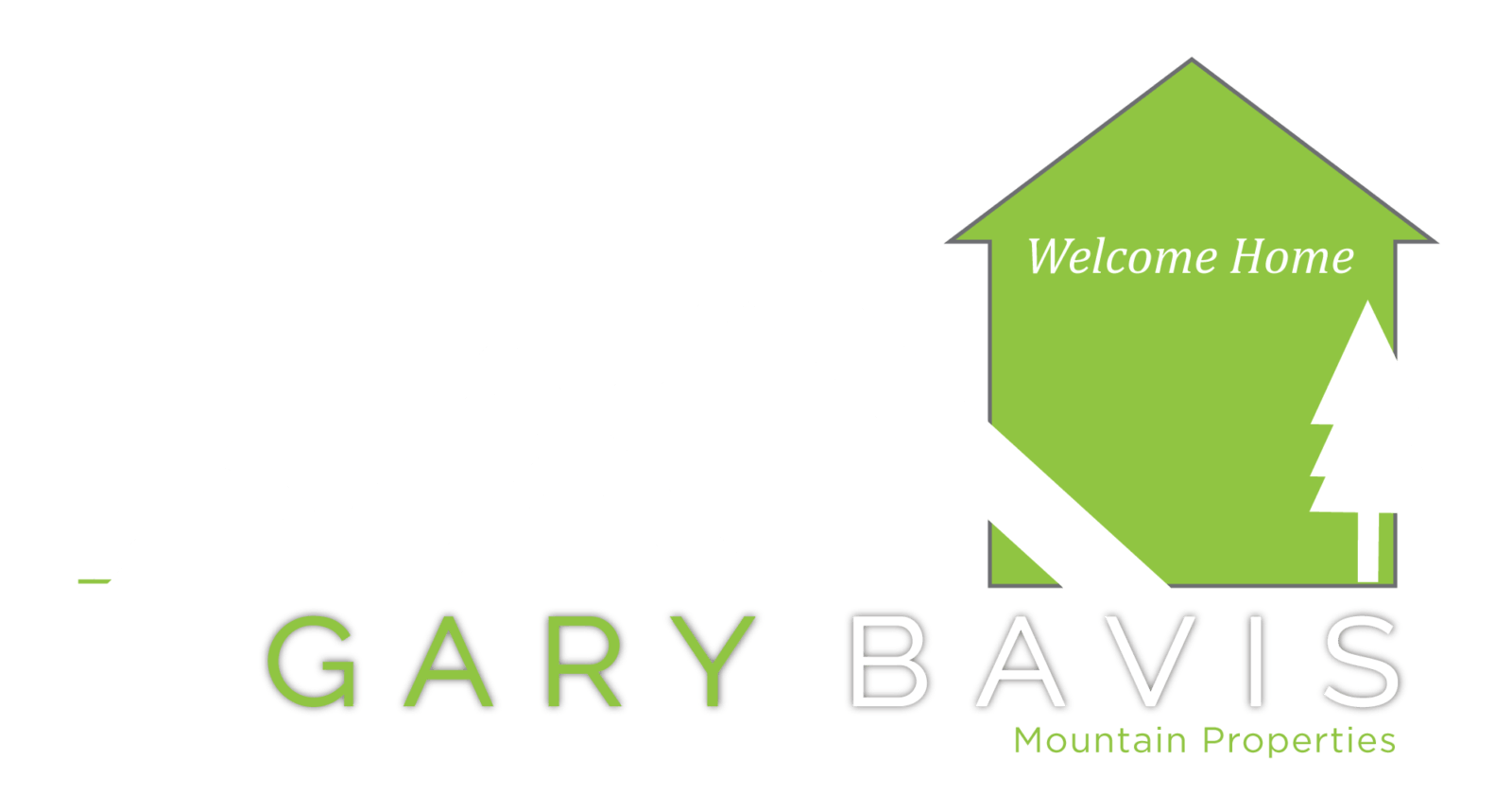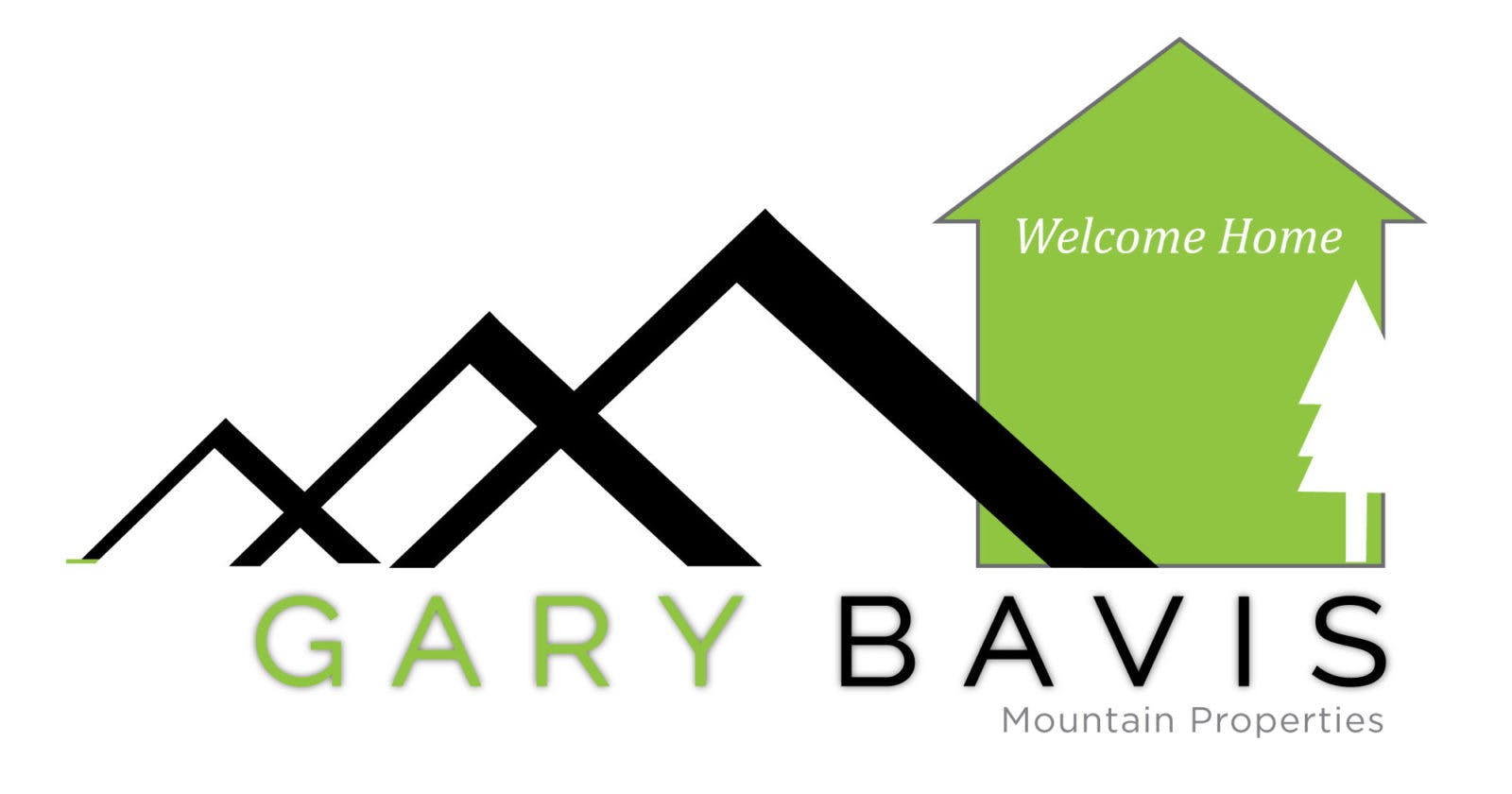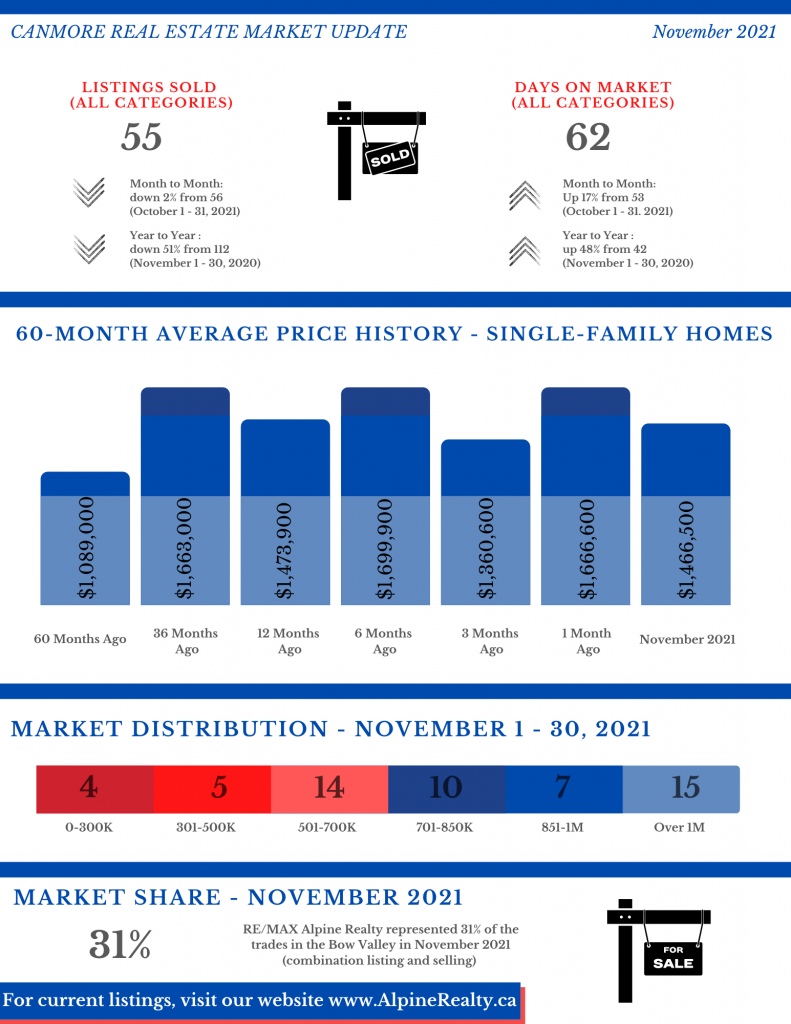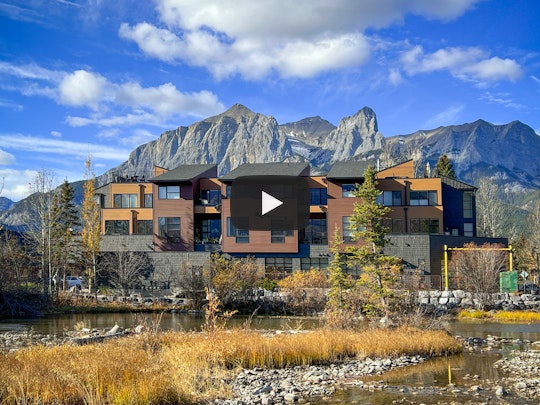
Newsletter

Is the Real Estate Market Going to Crash?
While many areas of the economy have contracted, the housing market has stayed remarkably strong. But can the good news last?
When COVID-related shutdowns began in March, real estate brokers and clients scrambled to respond to the shift. Record-low interest rates caused some lenders to call a halt to new underwriting, and homeowners debated whether or not to put their houses on the market. However, those first days of uncertainty ushered in a period of unprecedented growth in the Canadian residential real estate market, which currently accounts for a record-setting 9% of the country’s overall economic output.1
Now, as the spring market approaches, you may be wondering whether the good times can continue to roll on. If you’re a homeowner, should you take advantage of this opportunity by putting your home on the market? If you’re a buyer, should you jump in and risk paying too much? Below we answer some of your most pressing questions.
Why are home prices rising during an economic downturn?
At the beginning of the pandemic, fears of an economic recession were top of mind for homeowners all across the country. Overall, credit product origination declined across a variety of sectors, including car loans and credit cards, and government forbearance programs were put into place to cushion the blow of anticipated economic hardships. However, strong demand —coupled with ultra-low inventory and interest rates—caused real estate prices to continue to rise. The national average resale price soared 17% during 2020, and mortgage originations showed year-over-year growth of almost 30% on the strength of renewals and refinancing in response to record-low interest rates.1,2
According to the Bloomberg-Nanos Consumer Confidence Index, confidence in Canada’s real estate industry reached its highest level on record during the thick of the pandemic.3 Montreal Chief Economist Douglas Porter attributes much of the ongoing strength of Canada’s real estate market to a simple matter of consumer choice and priorities while noting that the downside of the resulting rise in home values is increasing consumer debt.1
Continue reading →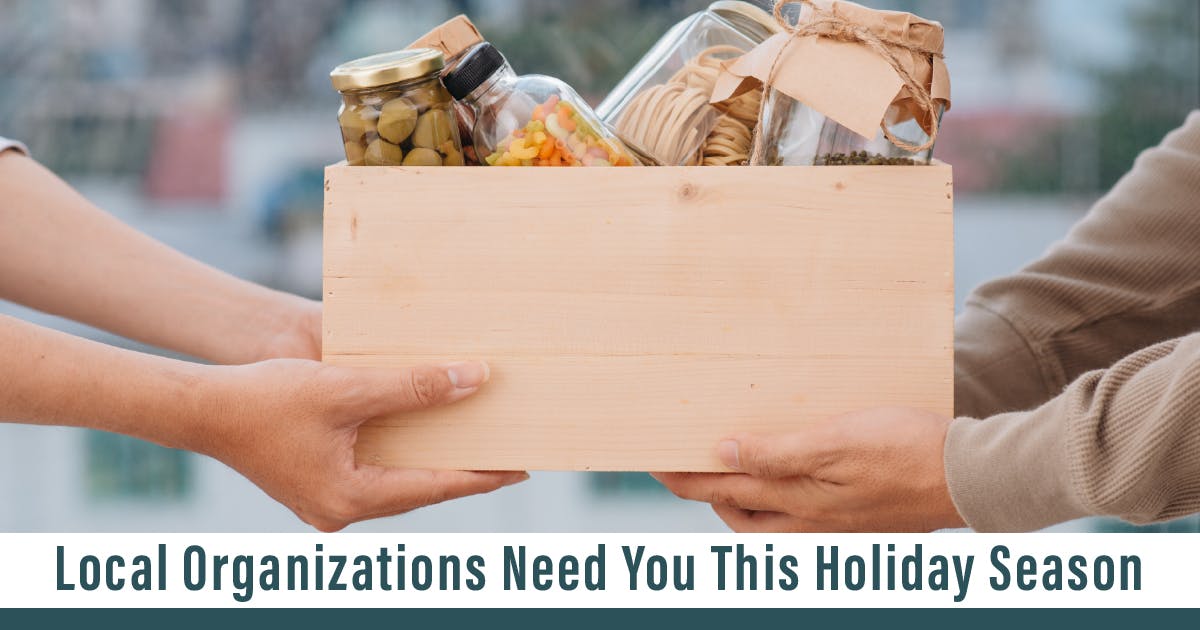
Ways to Give Back to Our Local Community This Holiday Season
This year has demonstrated, perhaps more than ever, the importance of our family, friends, neighbors, and community. It truly “takes a village” to keep a community functioning effectively, whether that’s by keeping our waterways clean, feeding the hungry, teaching our kids, or supporting small businesses.
With the holidays right around the corner, December offers the perfect opportunity to give back to the place we call home. You might want to focus your efforts near home, expand to our larger community, or even help support the people closest to you. Whether you’re passionate about a particular cause or just want to get more involved in general, let these ideas, both big and small, inspire you to do good in your town.
GIVE BACK NEAR HOME
Clean up our community. Besides beautifying the area, picking up trash keeps it out of our local waterways, which means a cleaner water supply for all of us.
Ideas:
- Whether you make this a solo effort or join in an organized group event, pick up trash in your neighborhood, at a local park, or elsewhere in our community.
- Depending on your community’s regulations, you can recycle many home items such as paper, glass, and aluminum.
- And don’t forget to clean the exterior of your home, where water runoff (such as on your driveway and sidewalks) can carry debris into the local sewer system.2
Take action: Check with your local municipality to learn about environmental clean-up efforts in our community, as well as recycling and composting.
Organize or join a neighborhood watch. According to a recent report, neighborhoods with Neighborhood Crime Watch programs experience roughly 16 percent less crime.3 Keeping an eye out for each other instills a sense of safety and security in your neighborhood by increasing surveillance, reducing opportunities, and enhancing information sharing among residents. Even if your neighborhood doesn’t have an official program, you can still share crime information via a neighborhood Facebook group or apps like NextDoor.
Continue reading →